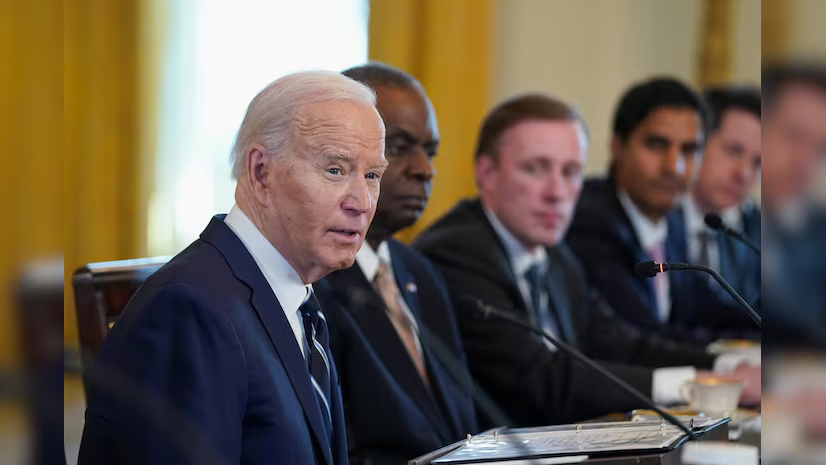President Joe Biden’s recent public ultimatum about a potential Israeli offensive in Rafah and its impact on U.S. weapons support didn’t come lightly. After several rounds of phone calls with Israeli Prime Minister Benjamin Netanyahu since mid-February, and numerous meetings between Biden’s security team and Israeli officials, Biden finally made it clear in public that a major offensive in the densely populated southern Gaza city of Rafah would lead to a reduction in U.S. arms support. The ultimatum was a significant turning point, indicating a serious divergence in U.S.-Israel relations since the start of the Gaza conflict after the October 7 attacks by Hamas.
Biden’s hesitation to go public was based on his reluctance to create an open rift with Netanyahu, especially amidst pressure from progressive Democrats to address the humanitarian crisis in Gaza. Despite these efforts, Netanyahu’s war cabinet seemed determined to proceed with an invasion, prompting Biden to act decisively. Last week, Biden halted 3,500 bombs bound for Israel over concerns about their use in Rafah, and in a CNN interview, he stated that if Israel went into Rafah, he would stop supplying the usual weapons required for urban warfare.
White House officials insisted that Israel was aware of Biden’s position, but Israeli leaders reacted with surprise and defiance. Netanyahu reiterated Israel’s resolve, stating that if necessary, they would fight alone. Israeli Defense Forces spokesman Daniel Hagari downplayed the impact of Biden’s announcement, asserting that Israel already had the necessary weapons.
Israel’s ambiguity over its plans in Rafah has caused Biden’s frustration with Netanyahu to grow. An April incident where the IDF accidentally killed seven aid workers, including an American citizen, had already tested Biden’s patience. In response, Biden issued a direct warning to Netanyahu, indicating a “come to Jesus” moment was on the horizon. Although the U.S. remains Israel’s steadfast ally, Biden’s relationship with Netanyahu has faced increasing tension over time, especially with concerns over humanitarian aid and civilian safety.
Biden’s public statement has drawn criticism from both sides of the aisle. Republicans, including former President Donald Trump, and even some Democrats, criticized Biden for potentially abandoning Israel in the midst of conflict. On the other hand, some progressives, like Senator Bernie Sanders, believe Biden’s ultimatum should have come earlier and that more should be done.
Overall, Biden’s public warning marks a significant development in the U.S.-Israel relationship, reflecting growing strains over the handling of the Gaza conflict and raising questions about the future direction of U.S. support for Israel.















































